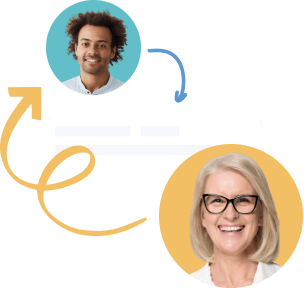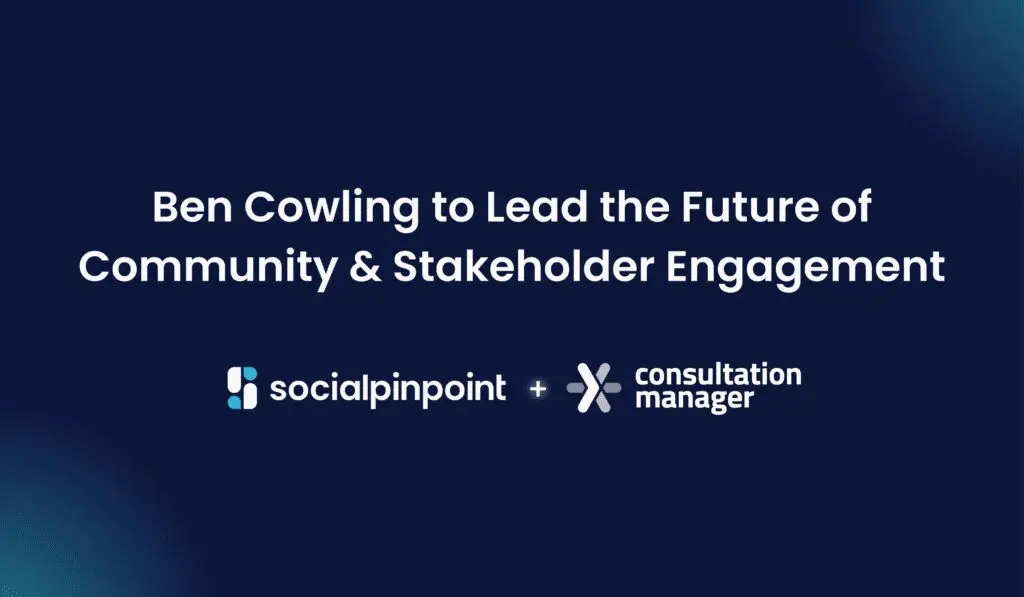The idea of using compensation to enhance public participation is gaining momentum. Compensation can help to remove participation barriers and values stakeholder expertise, but how do we ensure we are increasing the breadth and depth of voices in community engagement effectively?
We have reached out to a range of community engagement experts to discuss their thoughts.
We have recently seen more governments and organizations globally using compensation to incentivize community engagement. Arlington County in the United States is one example. The county recently captured media attention for its new community engagement program, which explores how compensation could make it easier for underrepresented community members to participate, considering that the current engagement pathways tend to attract older, more affluent residents who have the time, resources, and connections to participate.
Compensation is a fantastic way to drive diverse participation when it increases accessibility and acknowledges the value of feedback that has been provided. However, there are a lot of engagement techniques in the toolkit and we need to think about how to use them all strategically. As more decision-makers consider introducing compensation, it’s important that we explore how it can best be utilized.
James Moore, Managing Director of Social Pinpoint and Consultation Manager
“Using compensation to remove the barriers to public participation is well worth championing. Parents of young children, people who work non-traditional hours, or people without access to reliable and affordable transportation are just a few groups of the population that are often left out of community conversations because they can’t physically be present. If anyone’s ability to give feedback is impeded by a lack of access and compensation can help them participate, then we should consider it.
However, compensation shouldn’t be used as the sole motivator for offering feedback. There are multiple benefits for providing feedback and individuals get more ownership over what happens in their community when they offer it.
It takes a multi-layered approach to drive public participation from a diverse group of people. Practitioners can also think about using online engagement tools to improve accessibility and allow people to submit their feedback at any time throughout the engagement period. They can also tailor their communication strategies to tap into intrinsic motivators and make sure that they are promoting the benefits of their engagement plan far and wide.”
Michala Lander, Technical Director – Social Planning at GHD
“If your community engagement project is going to pull heavily on a particular reference group’s time and resources, then it’s necessary and fair to compensate them. Compensation could be money to pay for their time, it could also be payments for childminding, meals, and taxi vouchers so that attendees are not out of pocket when attending engagement sessions.
However, when you are paying for a stakeholder group’s time and expertise, it’s essential to be transparent about why you are using compensation, how you are selecting participants, how the information that they contribute will be used, and the degree to which their feedback will shape the outcome. Without being clear about the rationale and approach for undertaking compensation there is the risk that you can inadvertently create the perception that you are paying the community to support your project.
Other issues to consider also include whether paying a participant has any legal implications such as creating a temporary employment relationship. Finally, if you are struggling to engage people, you might need to reassess your strategy and the tools that you are using to reach them before jumping to compensation. In my experience, increasing public participation comes down to having a well-planned, multifaceted strategy that considers the community context and removes any barriers to access.”
Oliver Bates, Director of Customer Success and Strategic Operations at Social Pinpoint and Consultation Manager
“Offering incentives or compensation can be a great method for increasing participation in your engagement project, particularly if you are targeting a specific group or area with traditionally lower participation rates. The type of compensation doesn’t need to break the bank and some of the most successful projects I have seen have offered a $25-$50 gift card to a randomly selected stakeholder who engaged.
While incentives can be a great way to drive engagement, it is also important to consider the legitimacy of feedback if some stakeholders are attempting to give themself better odds of winning or if they don’t have a genuine interest in the project itself.
Overall, I believe offering compensation and incentives can be effective in driving participation on certain, targeted projects, but it is important to keep in mind the nature and quality of feedback you are aiming to gather.”
Frances Dodd, Director of Communications & Engagement at DD Project Consulting
“Over the past few years, I have worked on a number of public transport projects leading co-design processes to ensure accessibility and functionality for people living with disability. It is really encouraging to see the State Government in Queensland mandating genuine engagement with the disability sector, and this means you are often engaging with the same stakeholders who are taking part in multiple engagement processes at any one time. These people frequently stress to us that if their input as experts is required, then there should be remuneration for their time and travel costs. And when you are asking people to take part in half-day workshops or regular meetings over an extended period of time, it is entirely fair for remuneration to be on the table for discussion.
The stakeholders from the disability sector I have worked with include people with lived experience of disability, those with backgrounds in design and architecture, who are all very well respected and experienced in their fields. The value and legitimacy they add to the engagement process are immeasurable – and they help us create design solutions that are not only compliant with disability legislation but public transport that is truly accessible and functional for all passengers.
It is common in South East Queensland currently for people who sit on working groups for accessibility engagement to be remunerated in the form of a gift voucher as an acknowledgement of their time and expertise. I don’t believe that remunerating stakeholders who take part in such specialized engagement processes takes away from the value of their input. Rather, it values and acknowledges their highly specialized expertise and the time they are taking away from the roles they work in within the not-for-profit sector or other employment opportunities.
At the recent IAP2 Australia conference I heard a speaker mention that a good ballpark figure for engagement remuneration is equivalent to jury duty which is $100 per day.”
Elle Davidson, Director of Zion Engagement and Planning
Elle Davidson recently spoke at the IAP2 conference on how to drive genuine engagement with Indigenous communities and explained that the Aboriginal community is frequently consulted and holds specialized expertise. We need to consider the value and time that they give us when we set our budgets.
“It is important that we move beyond thinking about Aboriginal communities as just another stakeholder. They carry generations of stories and cultural values of places that go beyond the general public or other interested parties. We need to start considering them as technical experts within our projects and honor their contribution and input through appropriate remuneration.”
Compensation can help us to better value people’s time and expertise.
Compensation isn’t about paying for more feedback. It’s about promoting quality over quantity, valuing specialized input, removing barriers to public participation, and respecting people’s time. We also believe that it needs to be used within a holistic and multi-faceted engagement strategy.
Do you want to learn from other community engagement experts? Explore our live projects to see how our clients are reaching their communities online.












